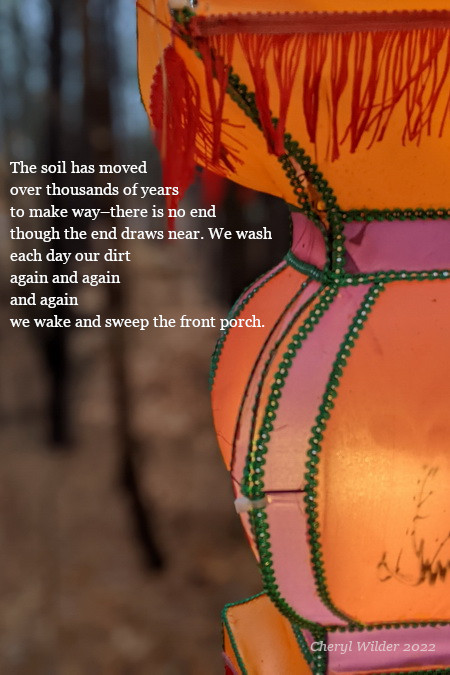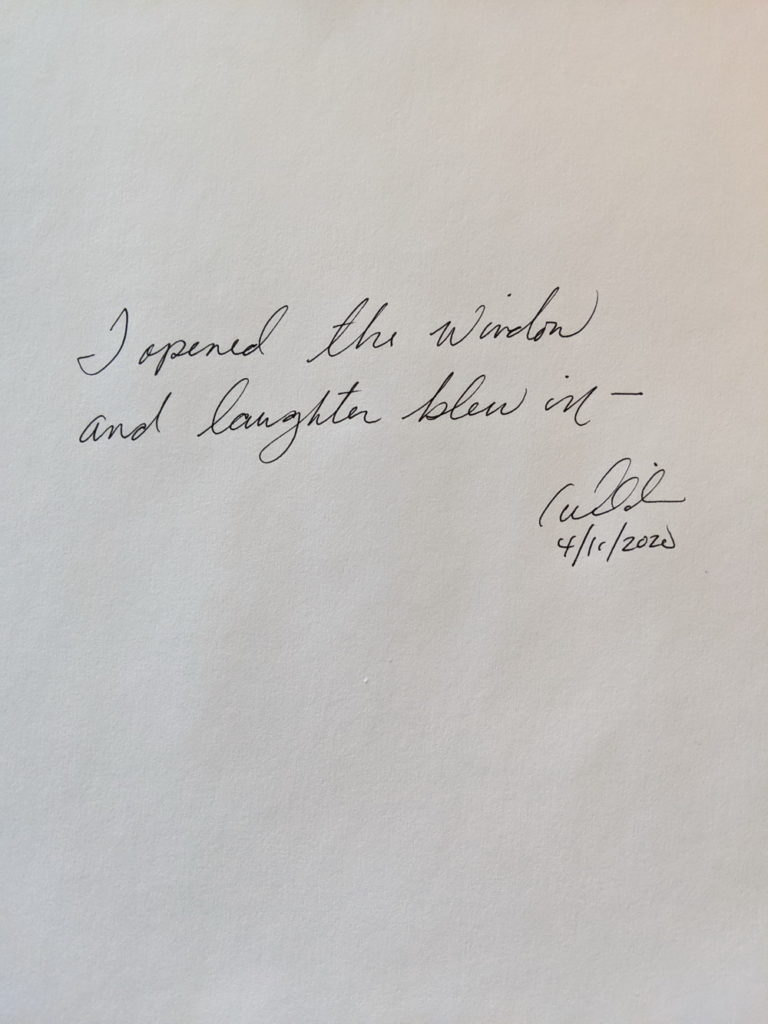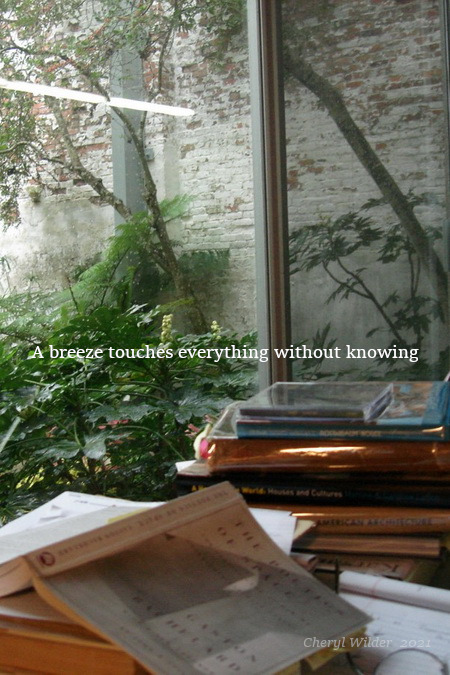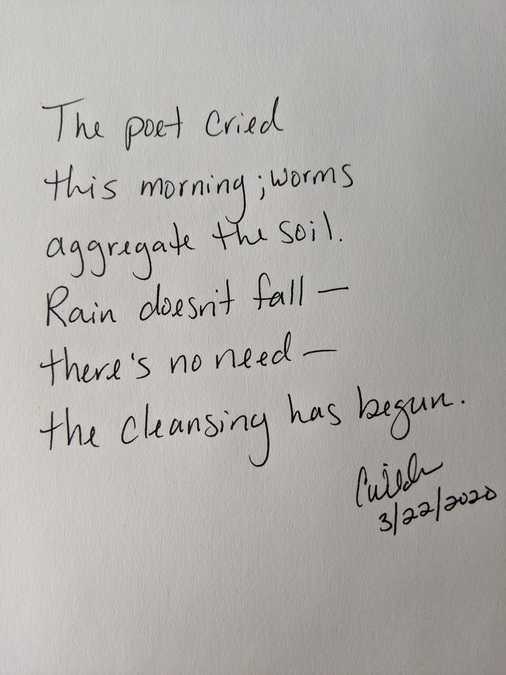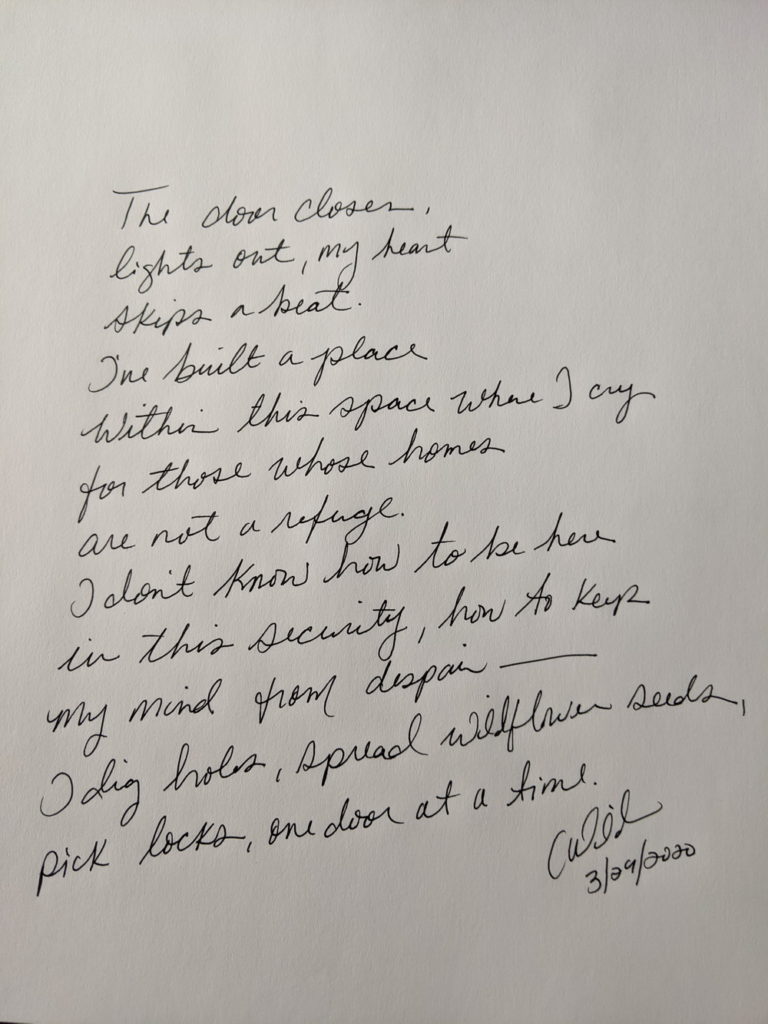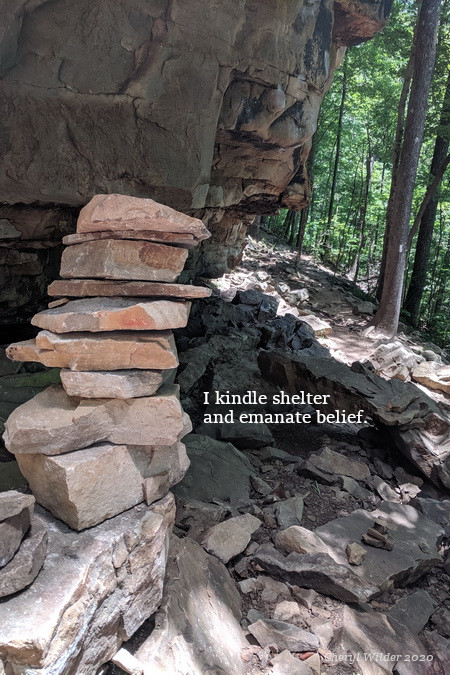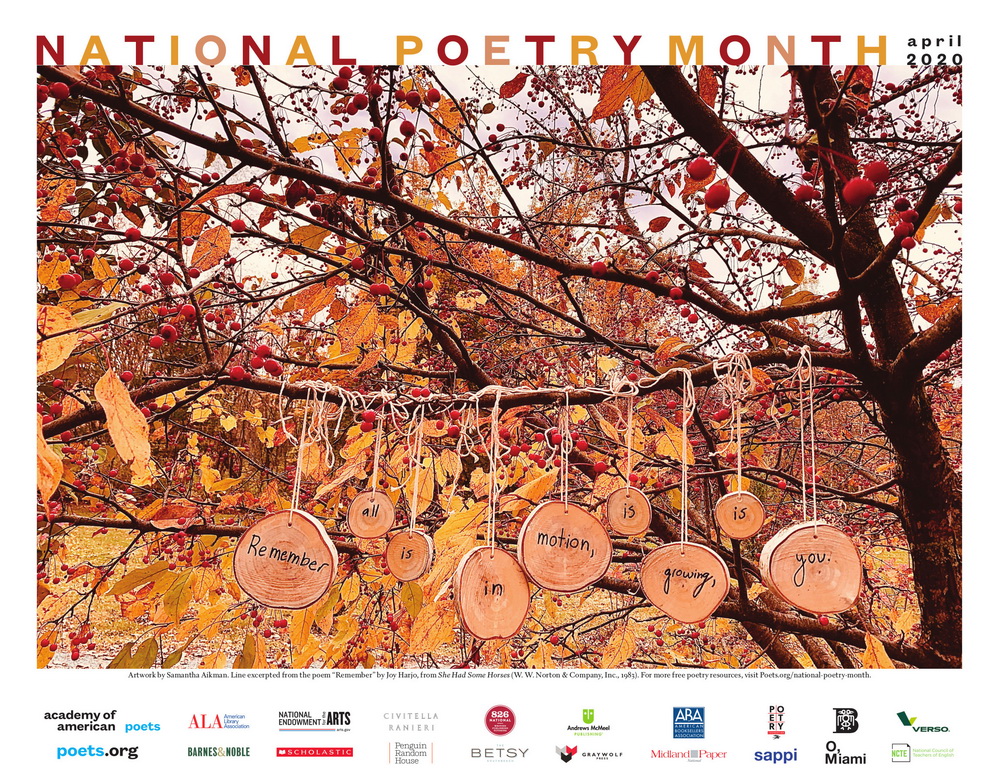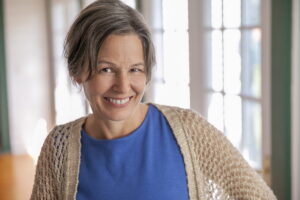Joy in 2022
It’s 2022, and I keep thinking of the word Joy. Maybe I return to it to move past 2021—a reflex to the news cycle. Perhaps Joy is the mantra 2022 needs.
Joy Joy Joy
It’s a beautiful-looking word with the tall majestic “J,” the perfectly round “o,” and the low-hanging “y.”
While looking for ways to spread joy, I found Poems of Joy, Hope, and Community to Bring Us Together, a compilation from the Academy of American Poets. Here’s a few of my favorites:
“When Giving Is All We Have” by Albert Rios
“Darling Coffee” by Meena Alexander
“[I wandered lonely as a Cloud]” by William Wordsworth
“To All My Friends” by May Yang
One way to pursue joy? (You know what I’m going to say.) Write!
Back in April 2020, I wrote a post on lyric poetry. (My most popular post to date.) It was early-pandemic, and I needed to find my way through the emotions of it. I shared my daily poems for a while. But you don’t have to show anyone what you write (and the content doesn’t have to be joyful). Writing for the sake of writing is pursuing joy—an inner feeling that endures hardship, a steady ship in turbulent waters.
Get started today
For quick reference, the tips below are pulled from the blog post mentioned above.
Tips to write a lyric poem
- Start with “I” –the subjective and personal experience.
- Do something in the poem. A simple act you do often. “I opened the window.”
- Think of something that relates to the act you wrote down. It could be another action or an idea, a whimsical thought, or an emotion. “I opened the window and the breeze brushed my cheek.” “I opened the window and my eyes softened.” “I opened the window, tears down my cheeks.”
- Keep going, making associations between physical actions, ideas, emotions, or thoughts.
- Try not to think too much, let the first action inspire the next action or idea, and so on.
- Having trouble? You know the game where you say a word and another person has to say the first thing that pops into their head? It’s like that. If you can’t think of anything, go back to the physical act that you know. “I opened the window and walked to the kitchen. I sliced a strawberry and thought of summers with my grandmother…”
Have fun. Stay safe. Find joy.
Text overlay on lantern image:
The soil has moved
over thousands of years
to make way–there is no end
though the end draws near. We wash
each day our dirt
again and again
and again
we wake and sweep the front porch.
Poem from Coronavirus Daily project. Image and text by author. All rights reserved.

